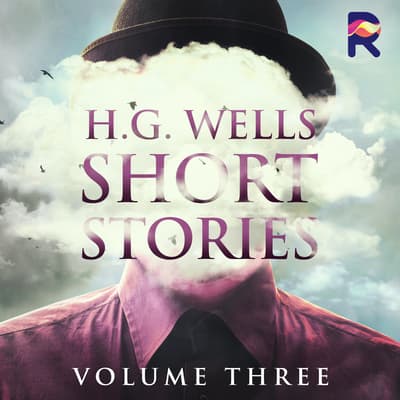


So he was a young upstart from the petit bourgeoisie, of a generation that was relying on new kinds of knowledge. “The horrors are coming not from outside, but from within you” Consequently when he became a journalist in the 1890s his frame of reference was no longer Greek and Roman and Classical literature, as it would have been if he had been to public school and university. He got the benefit of the Education Act of 1870, which meant he could go to college and be among the first generation to be taught scientific subjects. I think he was very lucky to be born when he was, in 1866. He is not the ‘father of science fiction’, as people sometimes say, but he was part of a generation that was beginning to think about science as a resource for literature. What is the enduring appeal of his early scientific romances? Why do people still read these H G Wells books? It was a very diverse career, not easy to encapsulate. He even had a religious phase briefly during the First World War, but also wrote histories, textbooks, novels and endless utopias. After that, he did write some interesting works in a bewilderingly diverse array of genres, including social realism and utopias. I think this picture is way too simple, but it is the case that if you are interested in science fiction and popular culture, then those early works- The War of the Worlds, The Time Machine, The Island of Doctor Moreau-are crucial. After his early work, he only wrote didactic utopias and non-fiction about ‘world government’. Forster hated him he became estranged from early fans like Henry James. He got increasingly didactic and uninteresting literary people in the liberal establishment like Virginia Woolf and E. Some critics of Wells say that that is what he did for the next 44 years of his life. He did a famous lecture in 1902 at the Royal Institution called The Discovery of the Future, where he essentially said: fiction is boring! We can scientifically predict the future! And that is what I am going to do in this lecture.

Then, quite early in his career, he became a famous writer and personality very fast, and in a sense started to treat himself too seriously. His work of the 1890s is satirical and provocative. He seemed to be delightedly thinking up new ways of destroying humanity over and over again, or perversely pointing out how we were all going to degenerate down the evolutionary scale, back into sea squids. There is a common critical line about Wells which is that he started off young and enthusiastic, writing lively, ambivalent and ambiguous works. Do you think that his biggest contribution to literature has been those early scientific romances? Three of the books that you have selected to talk about today were written early in H G Wells’s career, in the 1890s. Foreign Policy & International Relations.


 0 kommentar(er)
0 kommentar(er)
